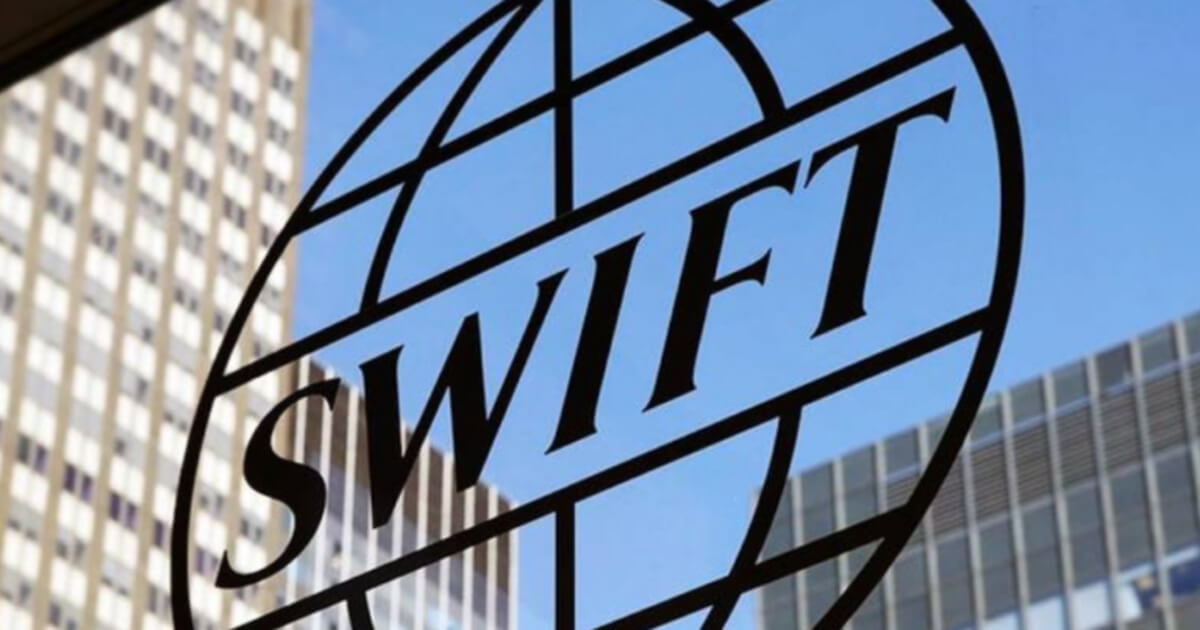SWIFT (Society for Worldwide Interbank Financial Telecommunication) is now entering the next stage of its solution testing that interlink Central Bank Digital Currencies after it successfully completed the first stage.
According to a recent update from SWIFT, the first stage spanned 12 weeks and about 5,000 transactions between two different blockchain networks and traditional fiat currencies were completed. Results from the experimentation show that all 18 participating entities supported the continued development of the solutions adding that SWIFT’s solutions fostered a seamless exchange of CBDCs across various platforms.
With the increased interest in the adoption of CBDCs by several governments, achieving interoperability is one of SWIFT’s primary objectives thereby placing the institution at a critical junction in the financial ecosystem.
During the second phase of its testing, swift intends to introduce new use cases like securities settlement, trade finance, and conditional payments. Some of the participants in the trial include the Royal Bank of Canada, Banque de France, BNP Paribas, SMBC, Standard Chartered, and NatWest amongst others.
Recall that in October last year, the global financial messaging system introduced a blueprint for a global CBDC network. The SWIFT blueprint with its core capabilities has created a bridge between the different distributed ledger technology (DLT) networks and existing payments systems, allowing digital currencies and assets to flow smoothly alongside, and interact with their traditional counterparts.

Countries Broaden Horizon with CBDC
Interestingly, many nations in the world are interested in developing and accepting CBDC and its infrastructure as an alternative payment method in the financial ecosystem.
In December, the National Bank of Kazakhstan announced its intentions to begin the testing phase and implementation of the use of its digital currency dubbed Digital Tenge for 3 years. The pilot phase is aimed at enabling offline payments and improving the ability of market individuals and players to use CBDC within a specific regulatory framework.
In the same vein, the Bank of England (BoE) also joined other financial institutions by launching research into the potential use of digital currency.
The project, which ended on Dec 23, is expected to benefit both the banks and private sector by investigating end-to-end user journeys to fine-tune financial requirements. Notably, the launch of an application for a CBDC wallet by BoE shows its continuous effort toward becoming relevant in a digitally prepared economy.


